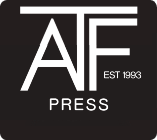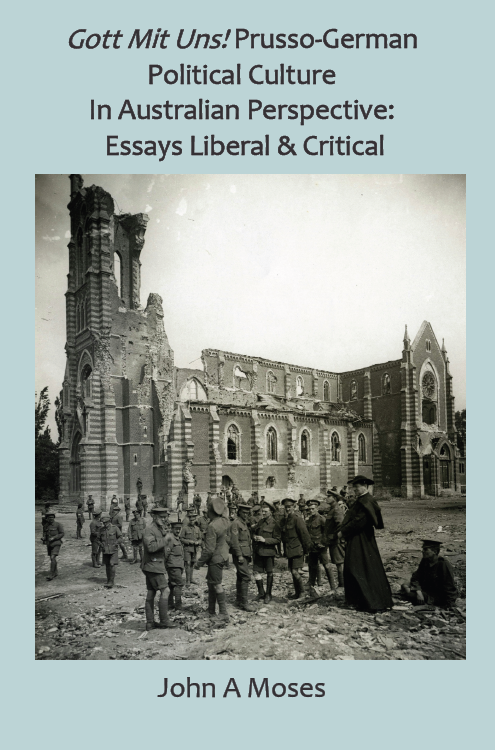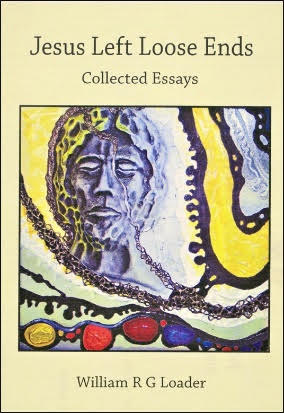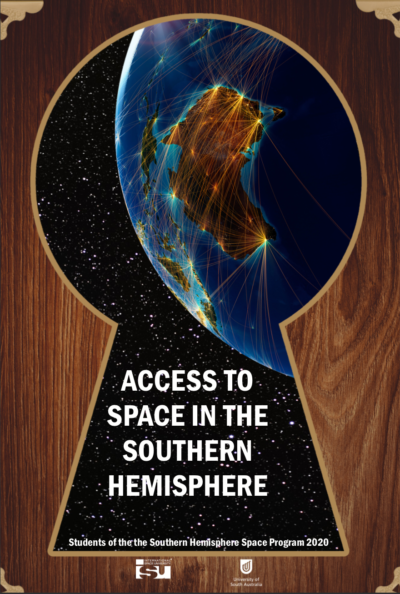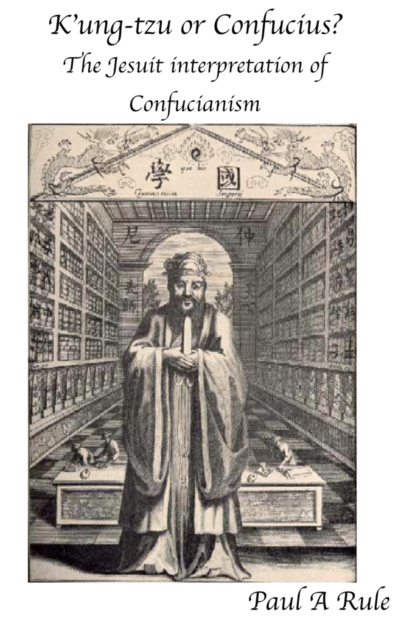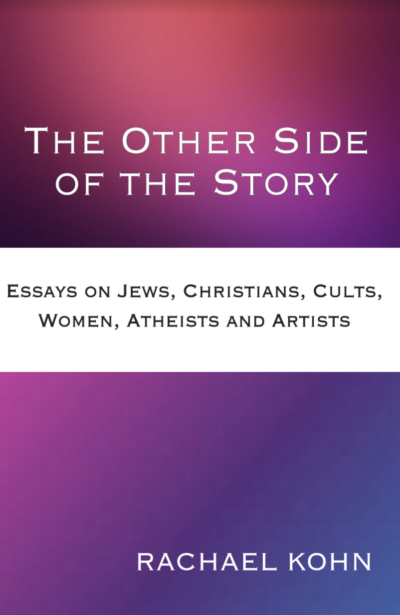Description
‘The fifteen essays in volume are examples of the efficacy of the Hegelian concept of ‘Dialectic’ in history. My thesis is that the First and no less the Second World Wars confronted the Commonwealth of Australia with an existential choice. The question put as simply as possible was: You can either lie down and let the enemy walk all over you or you can stand up and fight to the best of your ability to defend your democratic way of life. Obviously, in both instances there could only be one answer to this question. The Antithesis advanced by people who had/have no idea of the kind of enemy we were up against was that because of Australasia’s distance from the sources of conflict in Europe there was no danger to be concerned about and that the Pacific Dominions were inveigled into supplying canon fodder to a sly and devious imperial government in Whitehall, London, that represented in reality the ambitions of the ruling classes in the United Kingdom and for whom the aspirations of the overseas Dominions were essentially of no real concern.
The Synthesis that resulted saw on the one hand a valiant attempt by a loyal, imperialoriented section of the Australasian populations who were determined to fight the First World War to a clean finish against Imperial Germany and her Austro-Hungarian and Turkish allies, while on the other hand there was a section who were either pacifist inclined or hostile to the British Empire and who opposed Australasian involvement because, in their view the conflict really did not concern them. It has been a characteristic of Australasian societies to be able to contain deeply held and irreconcilable opinions without them resulting in organised physical conflict.’
John A Moses
John Moses (1930 – 2024) spent five post-graduate years at West German Universities 1961–1965. There he was privileged to study first for two years under the then leading liberal scholar Franz Schnabel (1887–1966) in Munich and then for a further three years chiefly with Waldemar Besson and Walter-Peter Fuchs in Erlangen. Precisely at that time a bitter debate had flared up among historians known as the Fischer Controversy about the origins of the Great War because the loss of that war had given rise to the Nazi movement and consequently to the Second World War. The question posed by Professor Fritz Fischer
of Hamburg already in 1949 was that of the continuity between Prusso-German militarism, the war aims in 1914-18 and those of Adolf Hitler in 1939–1945. At the German Historians’ Congress in Berlin in 1964 this fierce debate was witnessed at first hand by John Moses who afterwards taught and published about this and other themes in modern German history at the University of Queensland from 1966 until 1989.
